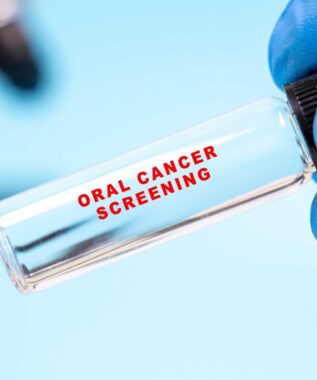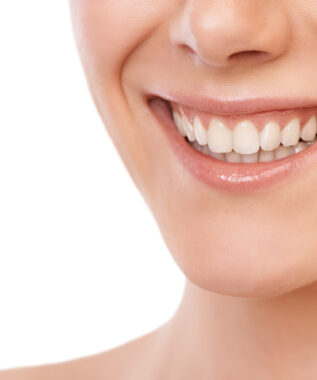 Smile restoration has come a long way over the years, and it remains an important part of many people’s lifetime oral health care. When a problem develops with one or more of your teeth, that problem might impact more than just the tooth’s health and integrity. Restoring your smile means thoroughly understanding the full impact of your condition and designing a treatment plan that helps you address it. Today, we look at what restoring your smile could mean if it experiences one of these common concerns, and what the right personalized treatment can help you accomplish.
Smile restoration has come a long way over the years, and it remains an important part of many people’s lifetime oral health care. When a problem develops with one or more of your teeth, that problem might impact more than just the tooth’s health and integrity. Restoring your smile means thoroughly understanding the full impact of your condition and designing a treatment plan that helps you address it. Today, we look at what restoring your smile could mean if it experiences one of these common concerns, and what the right personalized treatment can help you accomplish.
If you have worn or damaged teeth
While your teeth are incredibly strong, they can be prone to experiencing different types of damage or other threats to their structural integrity. For instance, some teeth can fracture or have pieces broken off of their crown structures. Others can become extremely worn down due to problems with their bite balance and/or pressure absorption. The problem with tooth damage of any kind is that your teeth won’t recover from it on their own. While restoring your smile, your dentist will design your treatment to not only repair the damage, but also prevent any further permanent changes to the tooth’s structure.
If you develop tooth decay
Tooth decay is a more common condition than worn-down, fractured, or broken teeth. While other forms of tooth damage can be caused by direct trauma or pressure on your teeth, tooth decay can result naturally from the oral bacteria that accumulate on your teeth every day. When they do, certain types of bacteria release acids that erode the enamel around your teeth, leaving them vulnerable to infection by more types of oral bacteria. This infection is known as tooth decay, and it causes varying levels of damage to your tooth depending on how long it’s allowed to progress. Restoring a tooth that’s decayed means removing the bacteria and infected tooth structure, then replacing it with biocompatible material to reestablish the tooth’s strength and integrity.
If you lose one or more teeth
Restoring a tooth is meant to help you avoid losing it so you can preserve your smile more successfully. However, if you do lose a tooth, then the goal will be to restore your overall smile and prevent the loss of the tooth from causing more severe problems in the future. This means replacing the lost tooth, or teeth, with a highly lifelike replacement, preferably one that comes with an appropriate number of replacement teeth roots (or dental implants).
Learn how we can restore your smile
Restoring your smile means helping it regain its good health and proper bite function, which depends on addressing the specific oral health concerns you develop. To learn more, schedule an appointment with us by calling Dreem Dentistry in Leawood, KS, today at 913-681-5500. We also serve patients who live in Overland Park and all surrounding communities.






